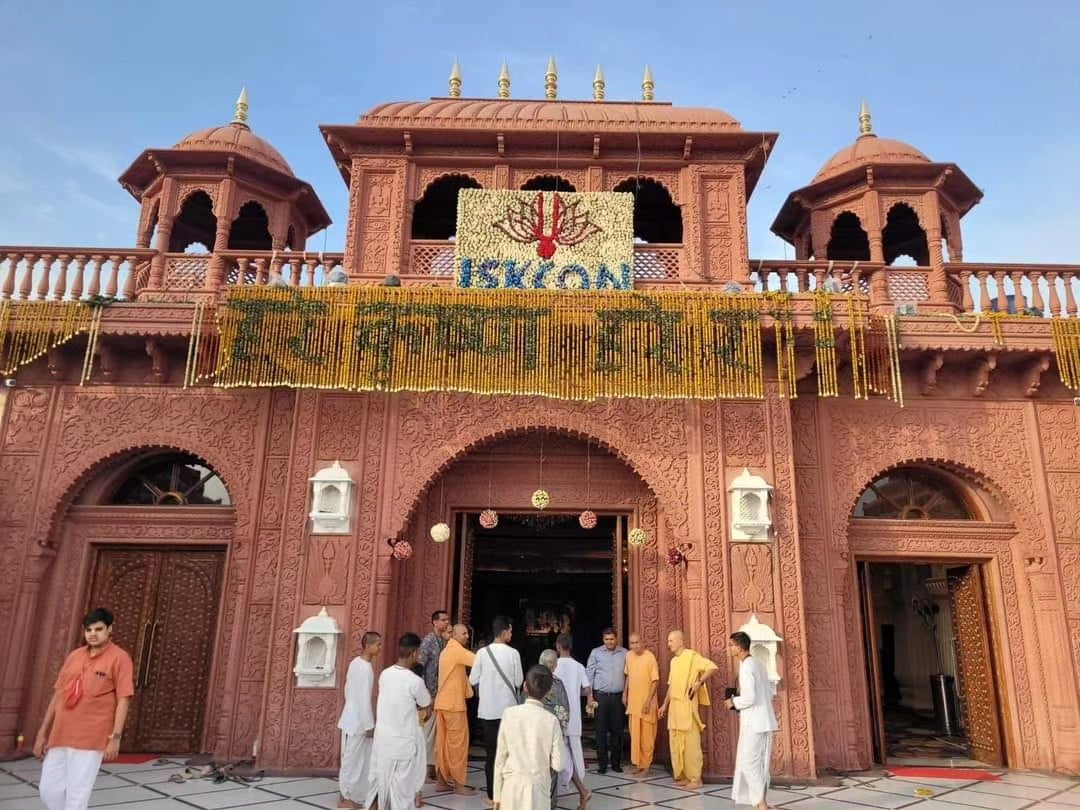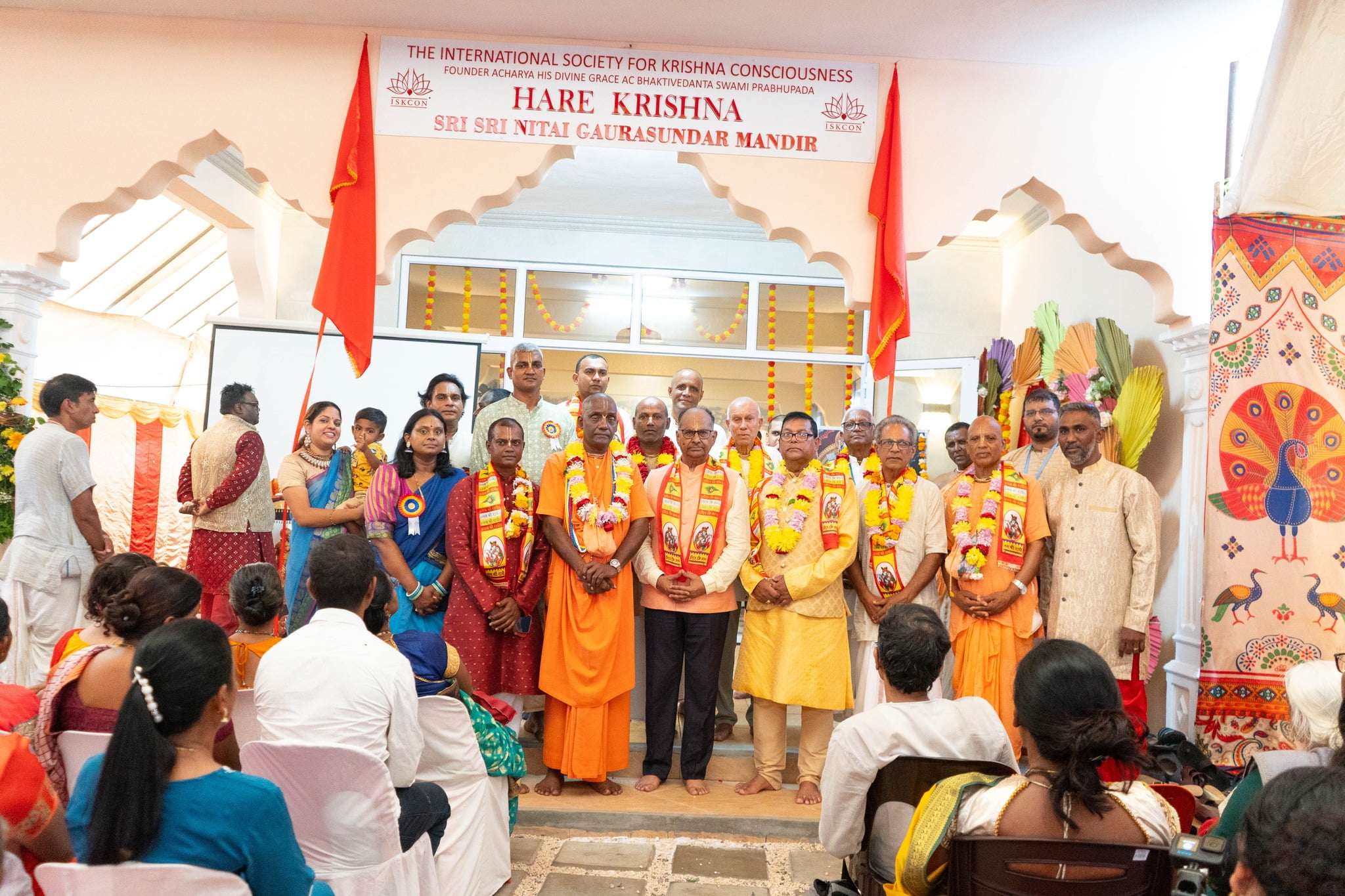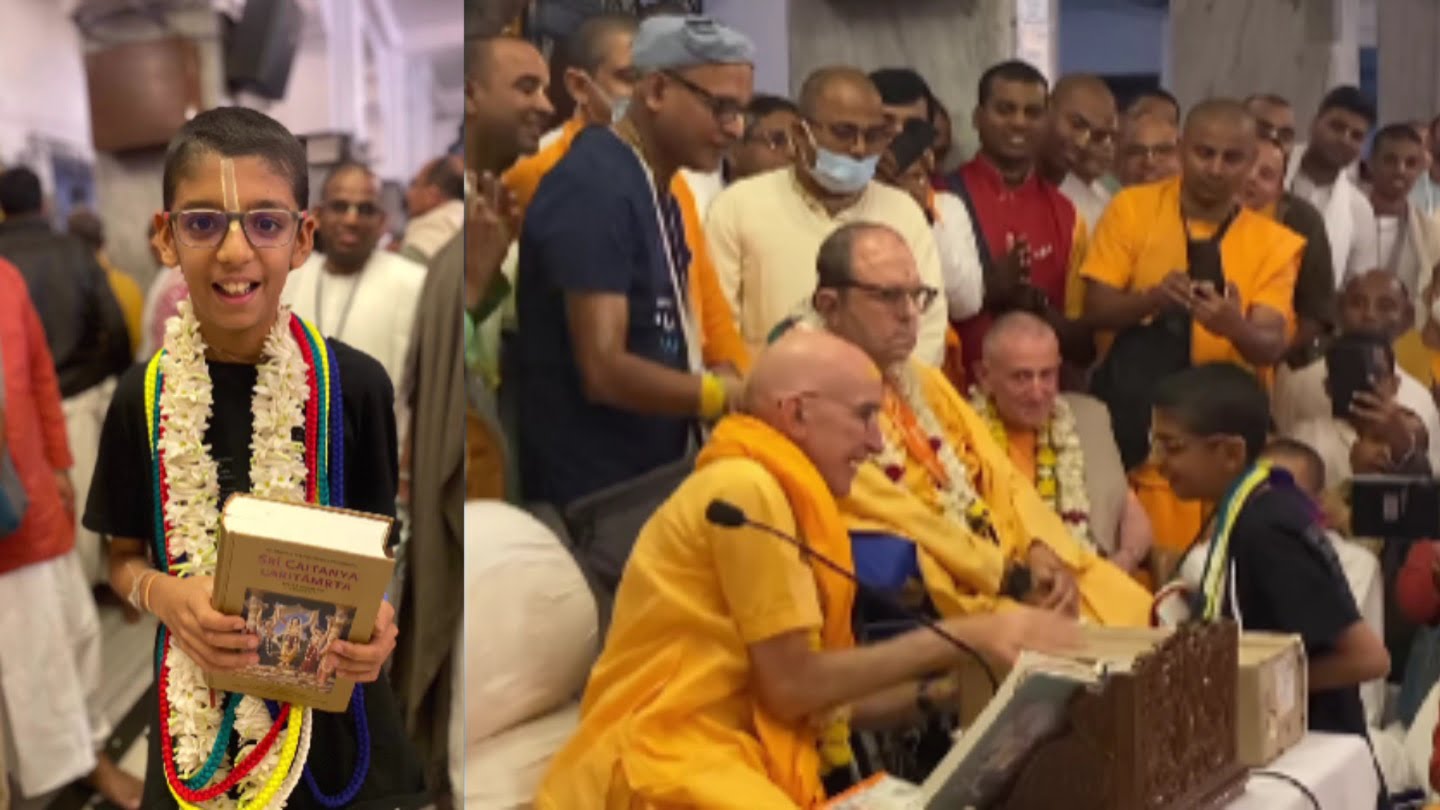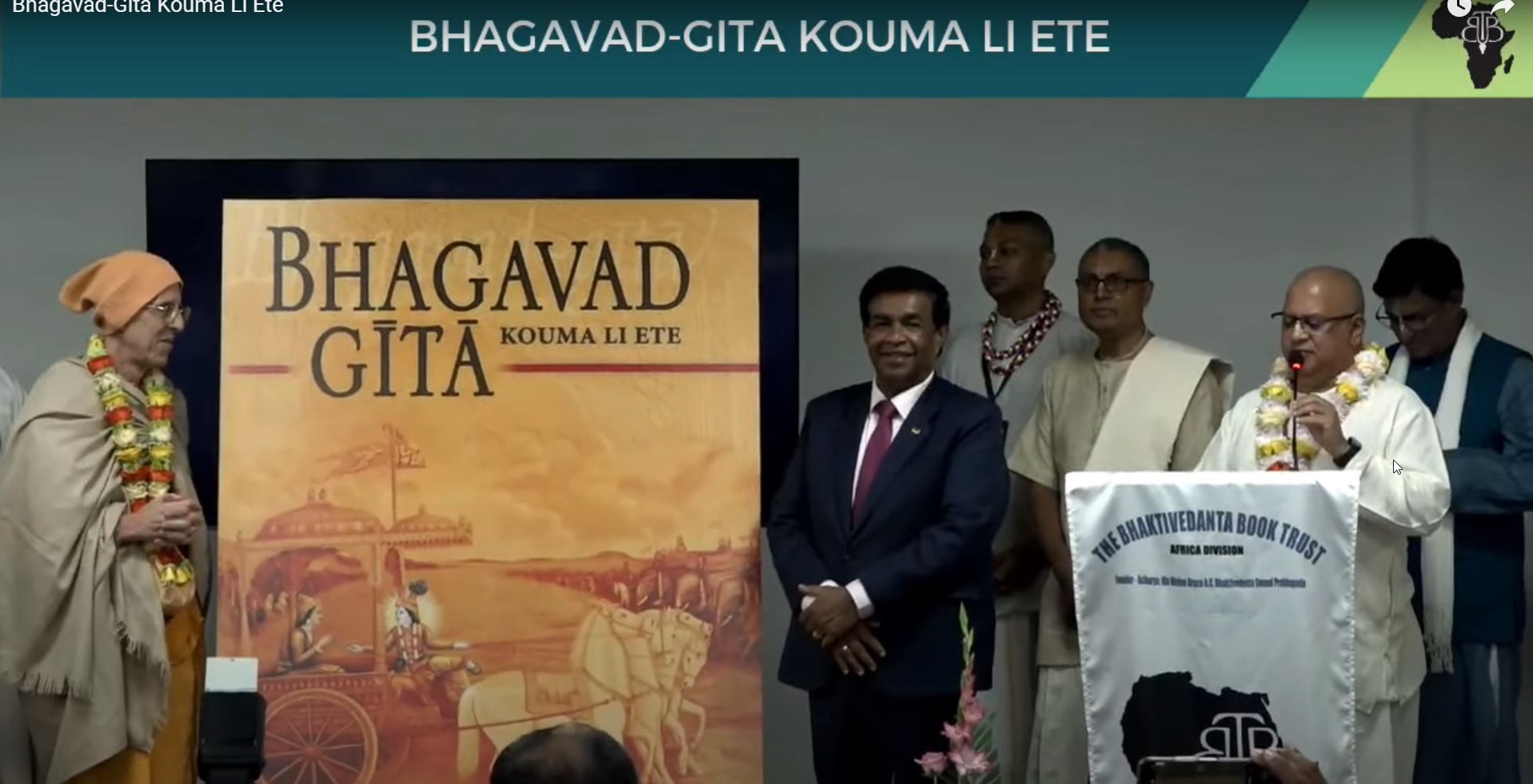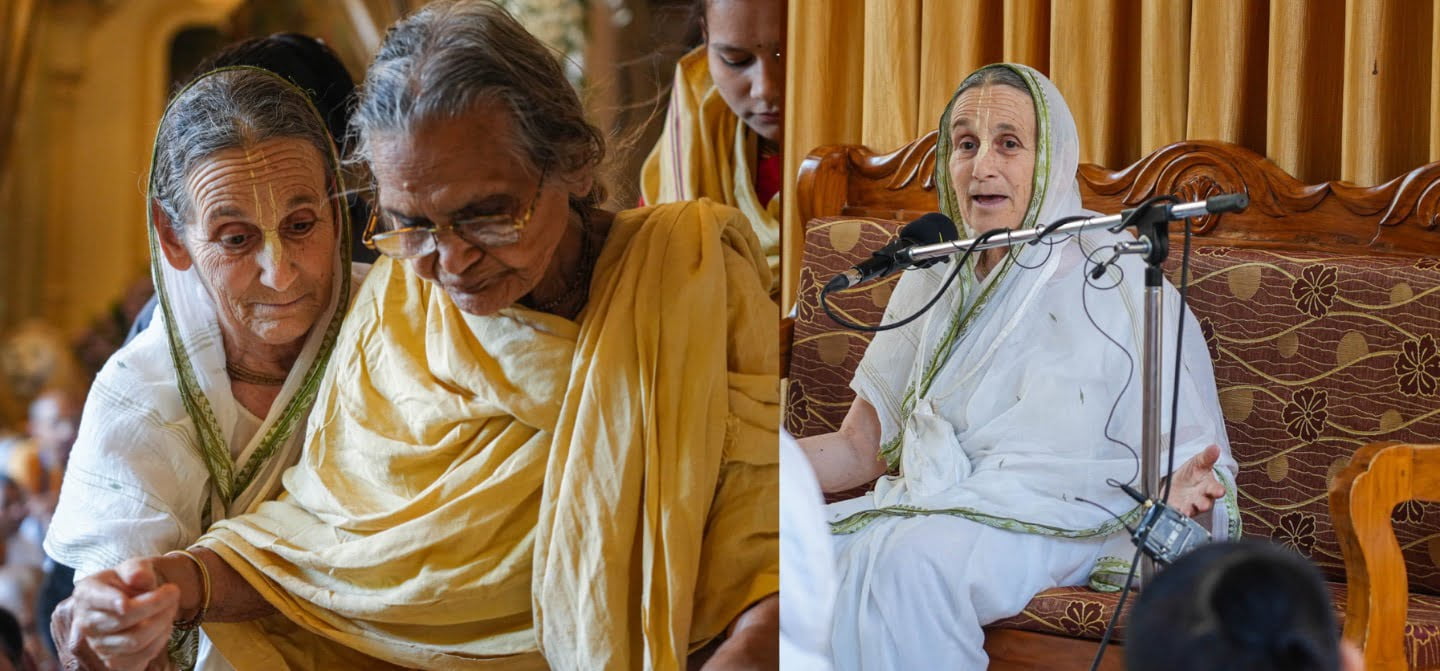Pillars of Sustainability: Conference in Krishna-valley, Hungary
By Lalitanath Das | Oct 23, 2011
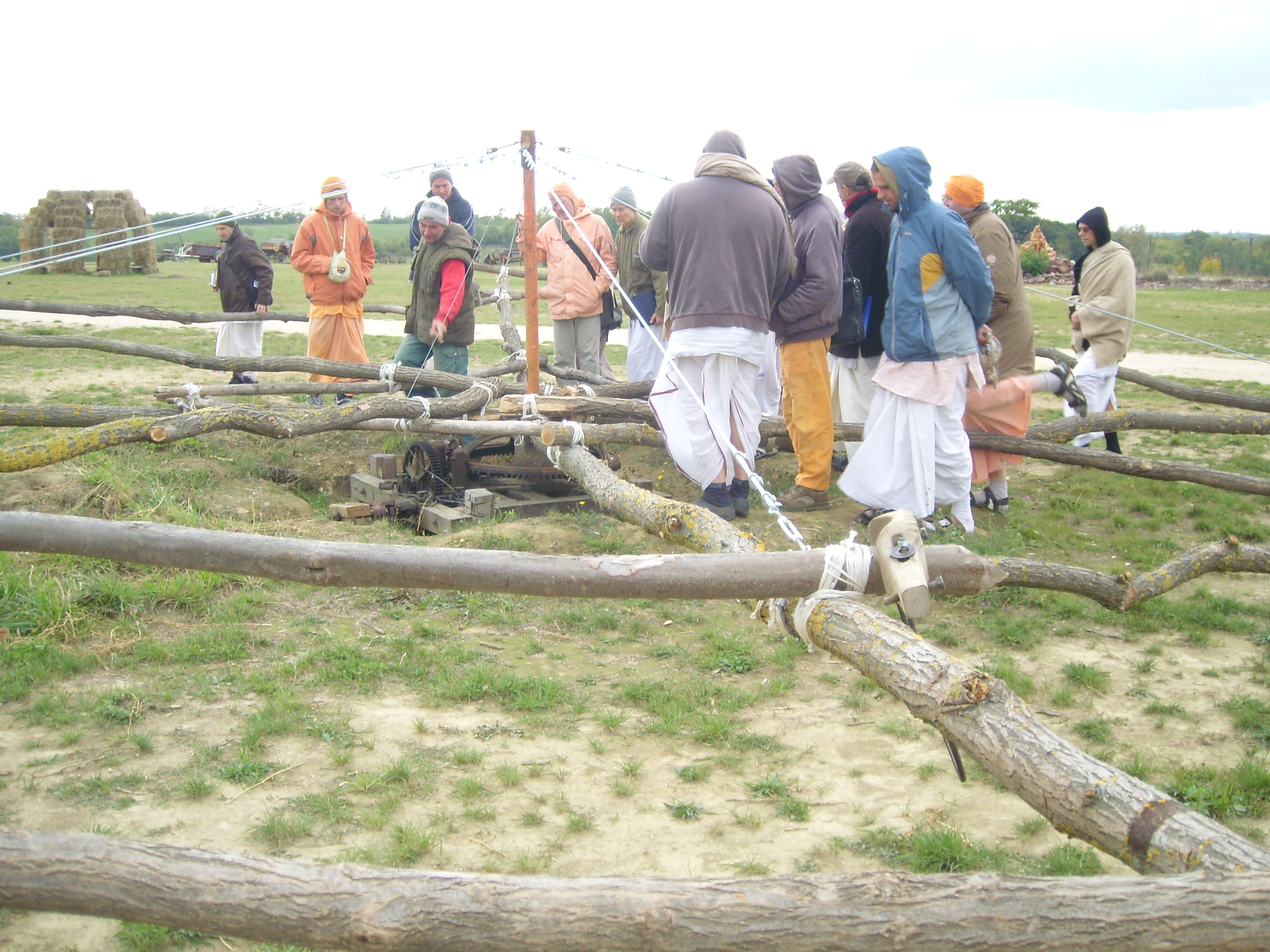
From October 9th to 16th, sponsored by the European Union, the ISKCON associated Eco Valley Foundation of Hungary held a week long seminar called Pillars of Sustainability, at New Vraja Dhama, the Hare Krishna farm community in the South-Western part of the country. New Vraja Dhama, situated in a beautiful rural Hungarian setting and home to 130 devotees plus 40 cows and oxen, thus hosted for one week around 25 attendants, all devotees, from 14 European countries.
Inspired by the apparent slowdown, that ISKCON farm communities and varnasrama-projects have witnessed over the last decade, the organizers invited devotees from around Europe interested in the development of Vaisnava principles and varnasrama-principles with the hope of infusing more life into this most important mission of Srila Prabhupada’s. The purpose of the conference was thus to increase the cooperation within the society of ISKCON and the awarenes of ISKCON’s spiritual duty to implement a dynamic vision of a Vedic devotee community that can accomodate the entire devotee society, and possibly the world – a house in which the whole world can live together.
The week consisted of a nice mixture of lectures, workshops, discussions, and practical field trips to inspect the different aspects of the community, such as the goshala, oxpowered technology, gurukula, fields, vegetable patches, grain and fruit storages, waste management, the infrastructure, the small cottage industries and oilpressing machines, devotee residential areas, and, of course, the temple with its restaurant.

Oxen parading for the spectators
Also during the week, the devotee participants were treated to training in several topics of social, economical, and environmental stability in rural farm communities, using New Vraja Dhama as the example for such a community in order to extract and possibly expand its princples more generally to the whole of Europe.
Every day started with a presentation on one of the topics of sustainability, such as what are the needs to achieve social stability, the need for a constitution and clear mission, how to manage and control the economy in a large self-sufficient community, and the practical aspects of environmental and ecological sustainability and self-suffiency. This was followed by workshops where participants sat together in groups to discuss how to practically realize a similar community of their own dreams.
The field trips in the afternoons took the participants to different areas of New Vraja Dhama, such as the vegetable fields and vegetable and grain storage rooms, the pastures, the cows and oxen, the community’s own Vedic school, the private residential areas, the biologic sewage plant (not the least important), etc. The participants appreciated how the community functions for 90 percents part without electricity with all heating done by woodburners using wood from the community’s own forests (Perhaps the most unsustainable element are the cellular phones which, after a failed attempt to ban them a decade ago, now are an integral part of the devotees internal communication system).
The last part of the day was devoted to a game fashioned by Radha Krishna Prabhu and other members of the Evo Valley Foundation where participants in a kind of Monopoly fashioned around an ISKCON farm community amused themselves with questions and quandaries from real life management experienced by ISKCON community managers over the years.

One of New Vraja Dhama self-sustaining houses – equiped with solar panels
Interesting was also one day when the field trip went outside the community into the surrounding village and neighbouring area. Here another 60 devotees have bought houses and are gradually having a very positive influence in this somewhat impoverished part of Hungary, so much so that after the last local election, three out of five members in the local village council are now devotees.
This caused some talk about how to practically affect and interact with our neighbouring communities in a positive way.
The six days seminar was concluded by an addres by Sivarama Swami who stated that only by supporting each other as devotees and as a devotee community, even in practical terms of, for instance, as much possible only buying from other devotees, can we survive and develop as a Krishna conscious society.
New Vraja Dhama briefly: the community was started in 1993 on 150 hectars of empty fields. This has since been to increased 266 hectars where devotees have contructed 53 buildings for residential purposes, barns for the animals, administration building, restaurant and, of course, a magnificent temple building for Their Lordships Sri-Sri Radha-Syamasundara. Pasturing lands and vegetable fields have been established, wells digged and around 300.000 trees planted. The farm community has attracted much attention, not only from within ISKCON, but also from the greater society, including the 30.000 tourists who visit it every year, as a very ideal attempt to establish an ecologically and socially self-sustaining community that can be a model for similar communities around the world. It is the hope of the community to be able to facilitate similar seminars and conferences for devotees over the years to come.



